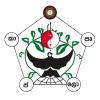Faculty of Philosophy, Religion and International Leadership
Department of Philosophy and Religion
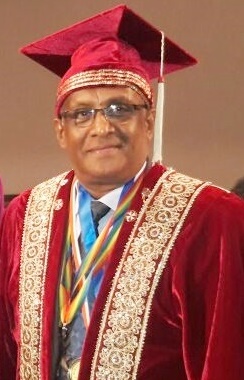
The Faculty of Philosophy and Religion brings together areas of study that are crucial to understanding every part of life: politics, economics, the arts, law, medicine, technology, the environment, cultures past and present and around the globe. We bring ethical analysis, the study of religion, and philosophical methods to bear on complex social, political and environmental issues to improve understanding and contribute to solutions.
Senior Prof. Dr Lakshman Madurasinghe MSc., PhD., ThD., LLD.,D Litt., Attorney-at-Law; Behavioural Scientist Academic Board Member EDU Brussels Senior Professor Azteca University, North America, Scholar of Comparative Religions, Archbishop, Head of Judicial and Archbishops’ Council in the Global Synod.
DEPARTMENT OF PHILOSOPHY
Master of Arts in Philosophy
The program covers most of the major areas of philosophy, from a mainly analytic perspective. Courses related to the major periods in the history of philosophy are also taught. Candidates who have a four-year Bachelor of Arts degree can take the Master’s degree in one year.
Doctor of Philosophy in Philosophy
The PhD program in philosophy is organized primarily around the following areas of specialization:
- Moral and Political Philosophy
- Metaphysics, Epistemology, Philosophy of Language, Philosophy of Mind and Philosophy of Human Nature
- History of Philosophy
DEPARTMENT OF INTERNATIONAL LEADERSHIP
International Leadership Studies
we believe that everyone has the potential to make a difference. It is our goal to unlock the passions and strengths of our participants to help them become agents of change. Through diverse diploma programs leading to BBA and MBA you will develop the skills, mindsets and networks to make a positive impact.
DEPARTMENT OF RELIGIOUS STUDIES
The Department of Religious Studies offers graduate work in several study areas:
Buddhism - Primarily concerned with Theravada Buddhism, Buddhist literature in Chinese, Japanese, Sanskrit, Pali, and Tibetan; Modern and Contemporary Buddhism in Japan; Medieval Chinese Buddhism; Buddhist thought
East Asian Religions - Primarily concerned with Taoist canonical literature; the construction of Shinto; Chinese science, alchemy and medicine; the New Religions of Japan; the relationship of Buddhism with indigenous East Asian traditions (Confucianism, Taoism, Shinto
Christianity - Primarily concerned with the writings included in the New Testament, particularly the gospels, Pauline literature, Hebrews, and in the early Greek Church Fathers
Homiletics, Dispensations, Early Church History, Comparative Religions Eschatology, Tripartition of Man, Spiritual Gifts, Bibliology Introduction to Old Testament, Introduction to New Testament Marriage & Family, Apologetics, Systematic Theology, Doctrines, New Testament survey, NT Greek
DEPARTMENT OF INTERNATIONAL LEADERSHIP

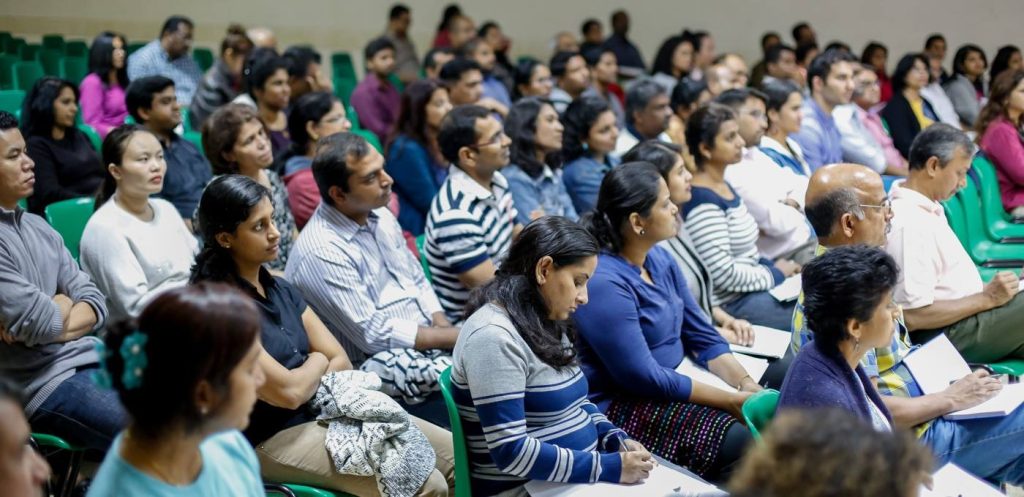
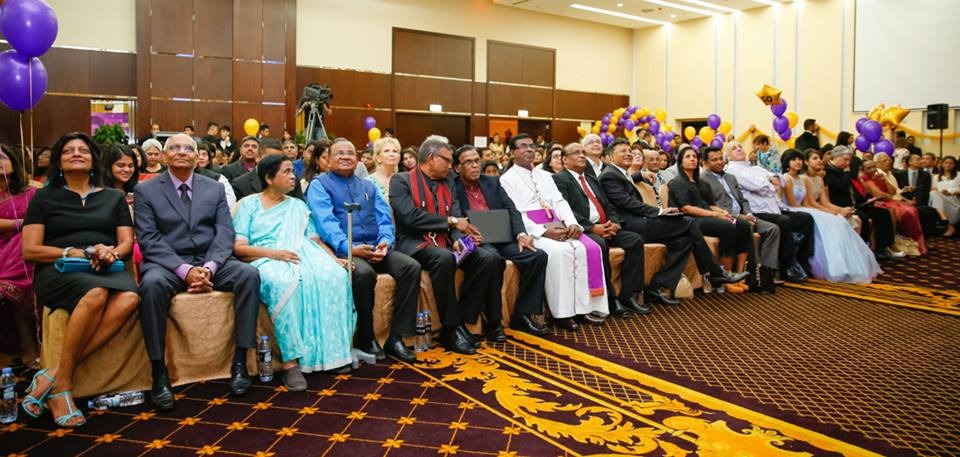
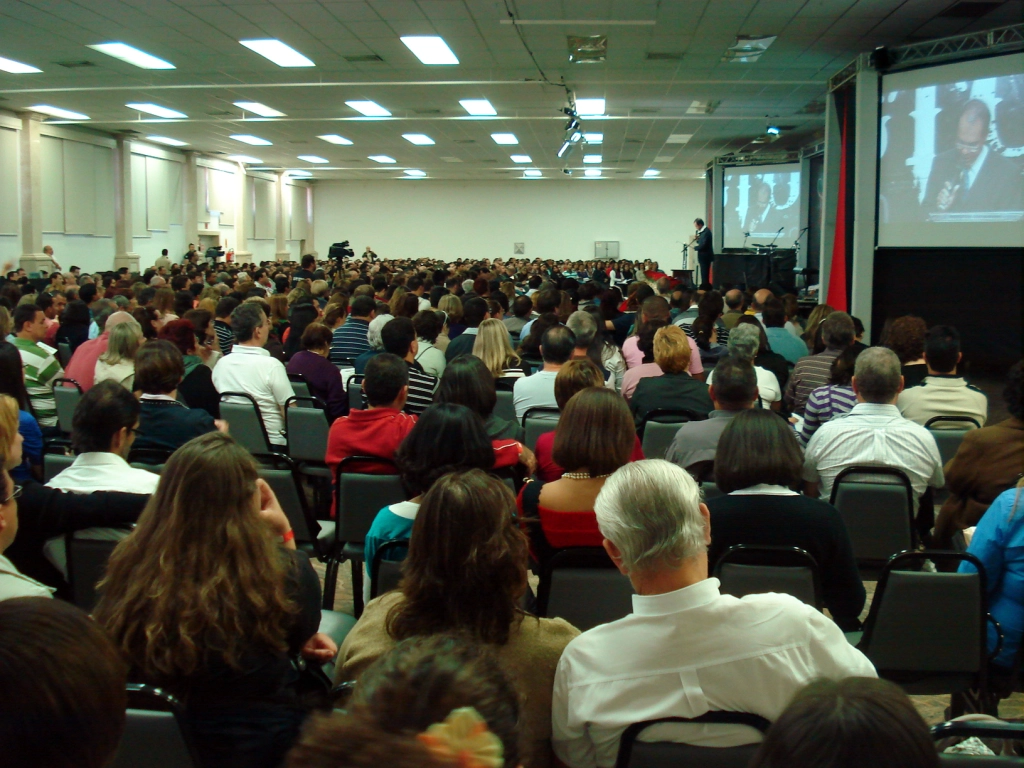
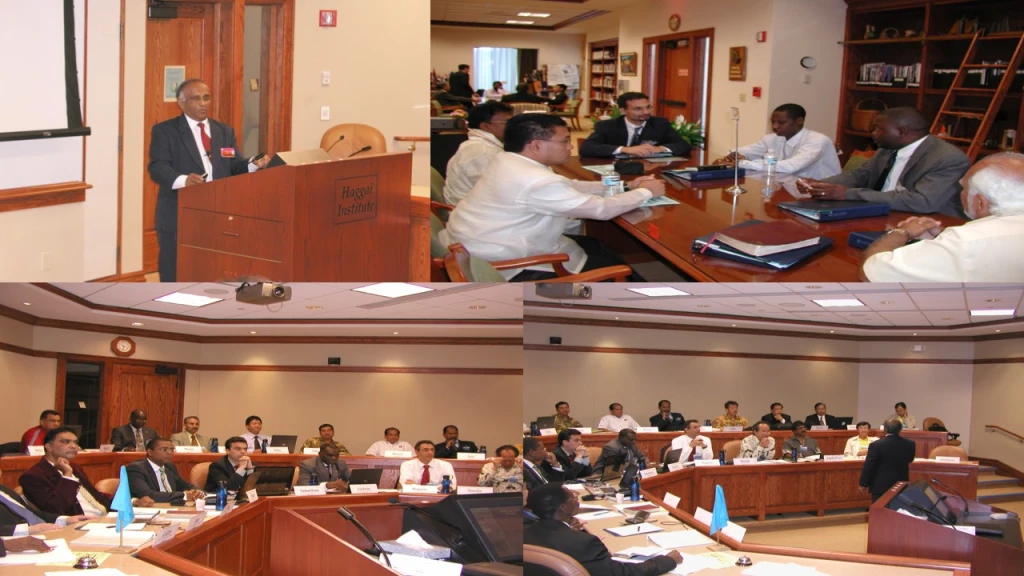
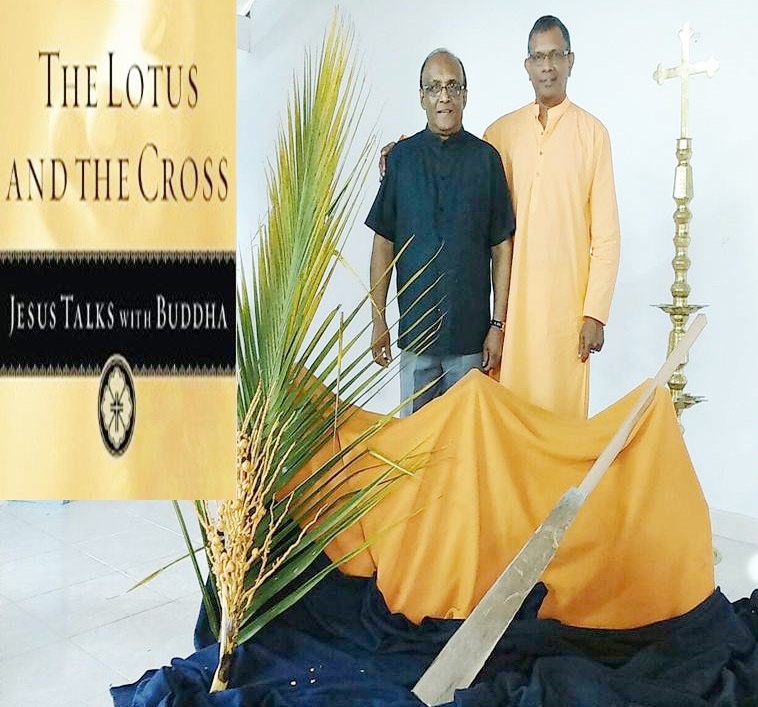
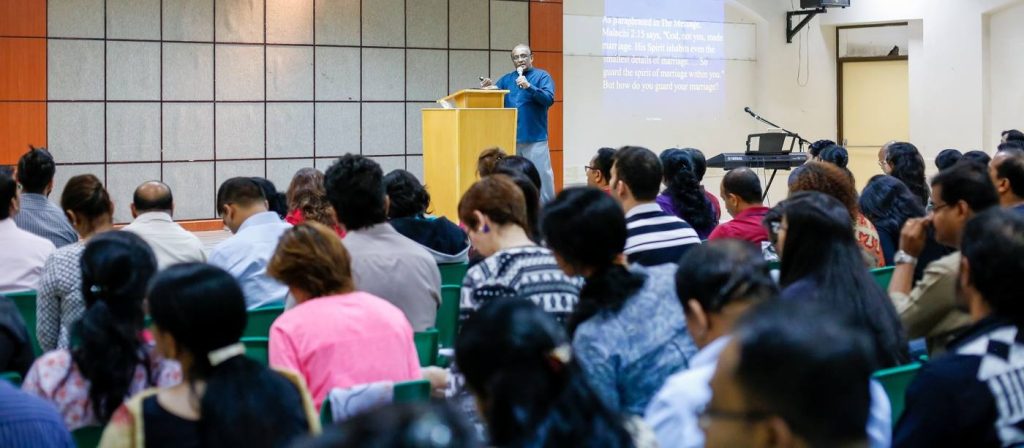
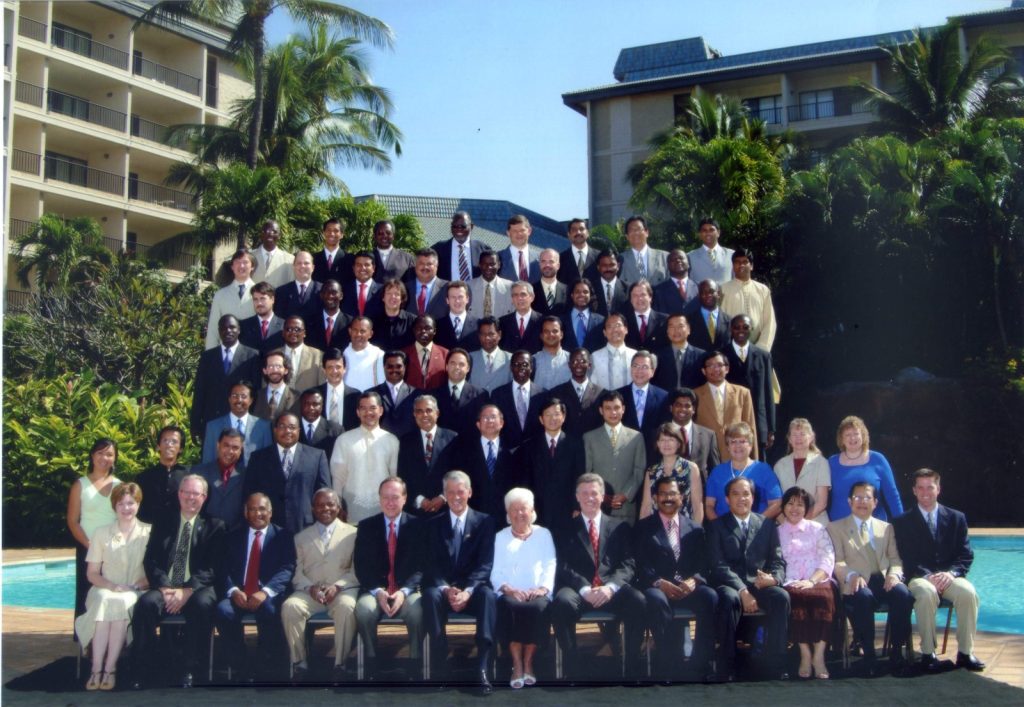
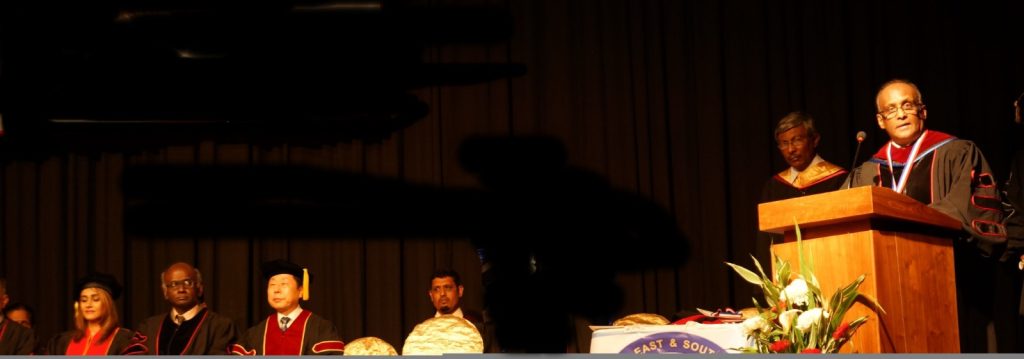
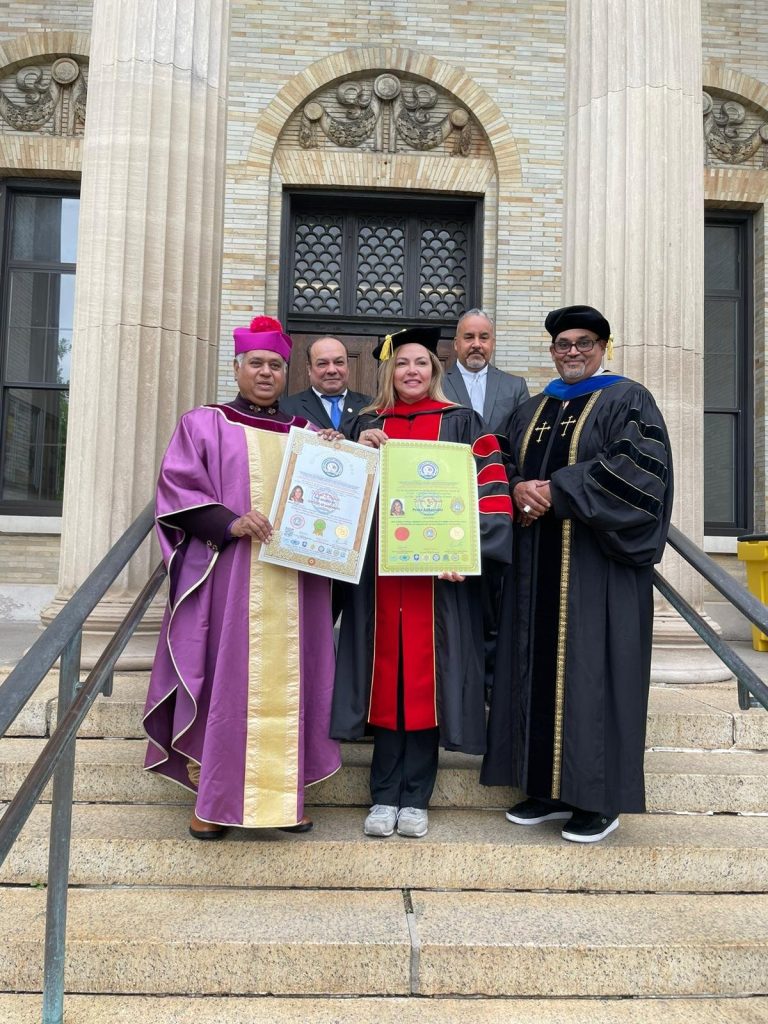
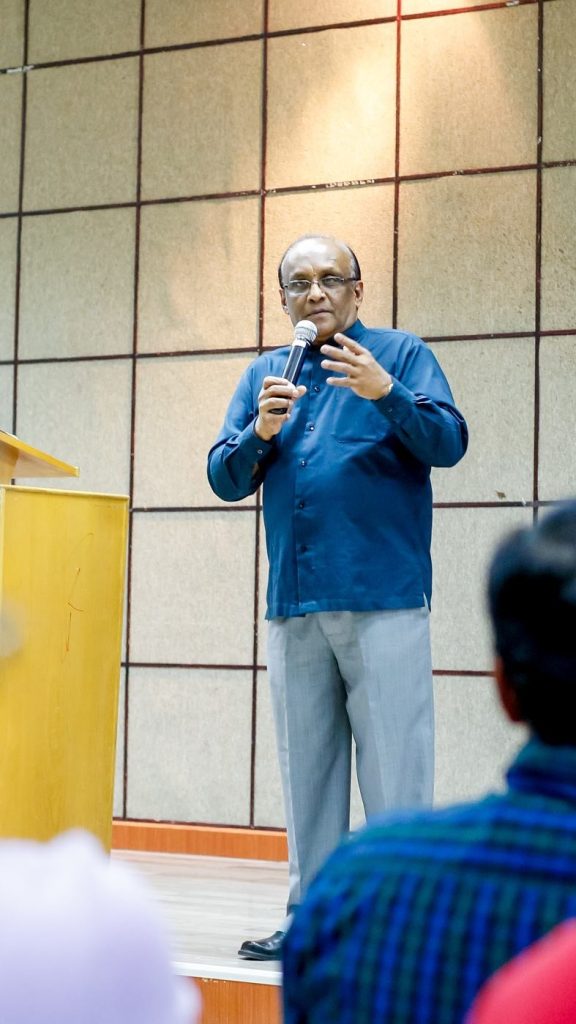
Academic Staff
Department of Philosophy and Religion

Prof. Dr. Tatyana
Master of Psychology, Master of Oriental Medicine, Doctor of Alternative Medicine, Director of the International Center for the Health of the Bioplasmic Human Body, Knight of the Ecumenical Medical and Humanitarian Order Knights of St. John Jerusalem

DD, FICA, SD (USA), and PhD (USA). FOUNDER and CHAIRMAN AUGP Global Peace Foundation and Rector The American University Patriarch of the Synod of the Global Apostolic Diocese

H.E. Rt Rev. Dr Jerome Fernando
BBA., MBA., PhD (Azteca Uni), DD Chancellor – Osborne Institute of Theology, UK Head of Department of International Leadership


